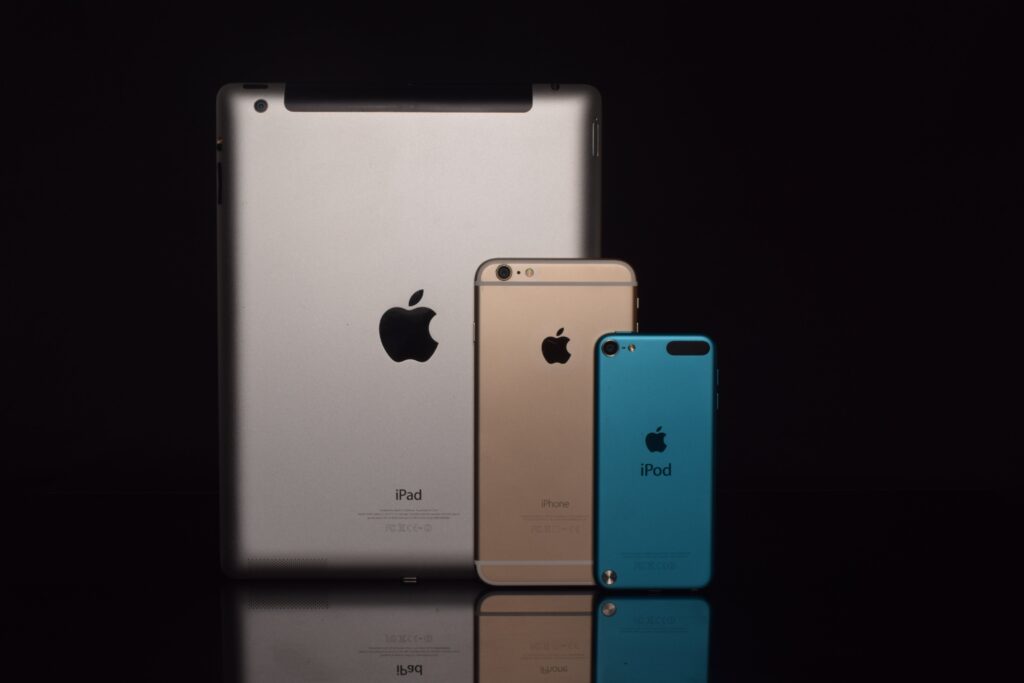
Apple is regarded as a more secure operating system than Android due to its closed nature, restricting access to its source code for app developers and prohibiting users from altering its products. These strategies deter third-party exploitation of vulnerabilities.
Moreover, Apple has implemented new privacy enhancements, including App Tracking Transparency and Hide My Email. To bolster privacy on the iPhone, users can restrict app permissions or opt for a passcode over biometric options such as Touch ID or Face ID.
Nonetheless, consider deactivating these three lesser-known features for additional security.
1. Disable automatic Wi-Fi network connections.
An Apple user discovered that connecting to Wi-Fi networks with names containing the percentage symbol could cause severe malfunctions in an iPhone, bricking the device.
Apple has since issued a patch to address this vulnerability, highlighting the risks associated with joining random Wi-Fi networks. Therefore, we strongly advise against using public Wi-Fi without a VPN, particularly in locations such as cafes, airports, and hotels.
To prevent your phone from automatically connecting to unfamiliar or insecure networks, disable the Auto-Join feature. This prevents automatic connections to both password-protected Wi-Fi and open networks.
To turn off Auto-Join, navigate to Settings > Wi-Fi, select “Ask to Join Networks” and ensure it is enabled for both Networks and Hotspots.
2. Disable Significant Locations.
Location tracking is a particularly troubling aspect of Big Tech data harvesting. Disabling Location Services for apps on your iPhone may not suffice, as the device could still monitor your movements through Significant Locations—a feature designed to enhance user experience with customized services like relevant traffic updates.
This information remains exclusively on your device, beyond Apple’s reach. However, if you find it unsettling that your phone preemptively offers navigation to frequent destinations or wish to conserve battery life, you can deactivate Significant Locations.
Navigate to Settings > Privacy > Location Services > System Services > Significant Locations and switch it off.
3. Turn off automatic photo saving.
Apple once announced its initiation of on-device photo screening for child sexual abuse material, a measure typically reserved for cloud services. However, this scan only occurs if images are slated for upload to iCloud Photos.
To preserve privacy, consider disabling iCloud Photos’ auto-sync feature by navigating to Settings > iCloud > Photos > iCloud Photo Library and switching the toggle off.
Further privacy protection can be achieved by preventing your phone from automatically saving incoming images and videos from messaging apps. Turning off auto-save not only frees up space but also reduces the risk of storing potentially harmful content on your device.
You should also disable auto-save individually within each app. For WhatsApp, go to Settings > Chats > Save to Camera Roll and deactivate the feature.
4Everproxy includes process
